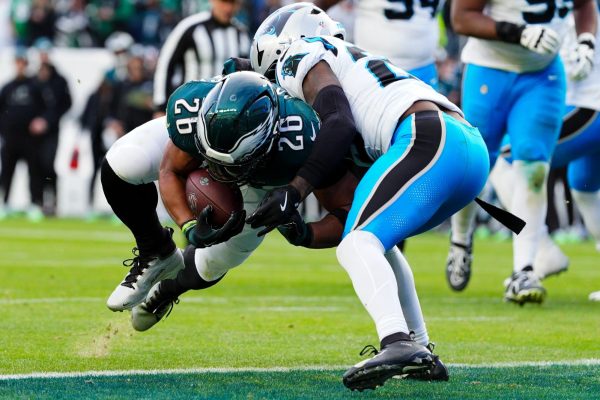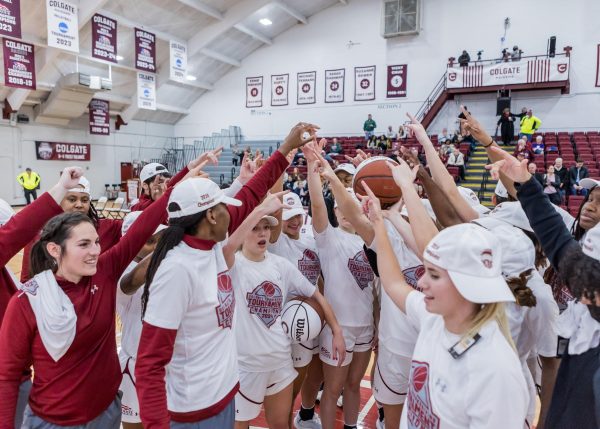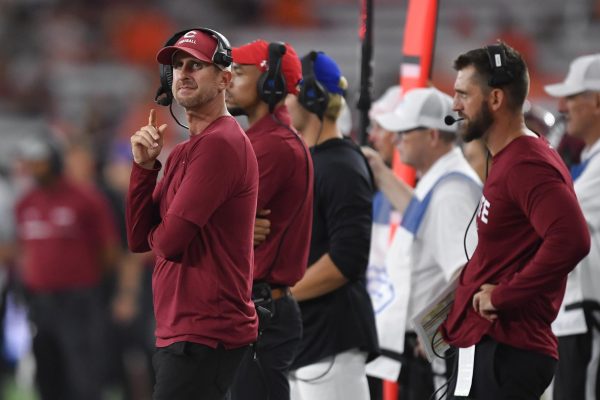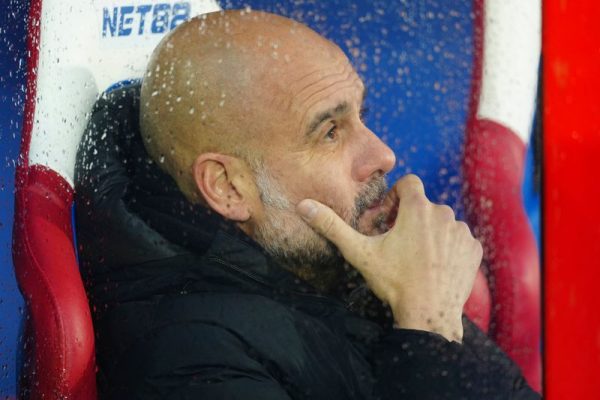Making Sense of the Midterms: Discussing the State of Democracy with Joan Mandle
On Tuesday November 13, Colgate’s chapter of Democracy Matters, an organization that works to promote voting rights and fair elections, brought former Colgate professor Joan Mandle to discuss the outcomes of the midterm elections and their effect on our nation and our democracy. Mandle was a professor of sociology at Colgate for 25 years. She directed the Women’s Studies Department and initiated the brown bag conversations program on campus. She and her son, Adonal Foyle ’97, founded the first chapter of Democracy Matters at Colgate 18 years ago. Foyle, who is a former NBA player, played on Colgate’s men’s basketball team with now representative-elect Antonio Delgado ’99 of New York’s 19th Congressional District. Mandle was happy to point out that Colgate has graduated both a professional basketball player and a member of Congress in the last few decades.
“The sky’s the limit for you all,” she said, referring to the the students who were gathered in the Coop TV Room, “not to say that you need to become professional athletes or members of Congress.”
Mandle discussed the importance of representation in these midterms. She stated that with these elections, the people of the United States elected Native American women, Muslim women and openly lesbian women. This is a big step forward for us as a nation because democracy is only strengthened when different groups gain greater representation in our legislatures.
While gaining this representation for underrepresented groups is great and a clear sign of progress for us as a nation, our democracy still faces problems. As Mandle pointed out, many people in this country are still struggling to cast their vote. Many states have laws on the books that make it unnecessarily difficult to do so. Often, these obstructionary laws have to do with voter registration. For example, most states do not permit same day registration. This unnecessary measure prevents people that are busy—too busy to make sure that they are registered before an exceedingly early deadline—from being able to vote.
Another important issue that Mandle discussed is the continuing issue of money in politics. Money has an outsized influence in our elections. Wealthy individuals and corporations are given a greater say in government than the average citizen. This is because they have the means to donate large amounts of money to politicians’ cam- paigns in order to influence their policy stances. According to Mandle, more than five billion dollars were spent in the midterm elections alone.
While these are certainly big issues for democracy, there are measures that can be taken in order to make our elections more fair and to allow more people to vote. New York, Mandle pointed out, has one of the lowest voter turnouts in the country. A major reason for this is because of the aforementioned obstructionary laws, such as the lack of same day registration, that prevent many would-be voters from voting. Currently, New York residents must register to vote nearly a month before election day. To vote in the midterm election on November 6, you would have had to be registered by October 12, according to the New York State Board of Elections. If New York allowed for same day registration like many other states, it could greatly increase voter turnout.
Another common sense measure that Mandle suggested would increase voter participation is automatic voter registration. Currently in the state of New York, when you receive a driver’s license you are asked if you would like to be registered to vote at the same time; however, many people opt out of doing so. Mandle pointed out that if this was changed to be an opt out system rather than an opt in system – meaning that registration would be automatic and people would need to take action in order to not be registered – then New York would have more registered voters.
As far as getting money out of politics, Mandle championed increased public funding of elections. This is when the government matches the money fundraised by a candidates. Publicly-funded elections allow average Americans—people who aren’t rich and don’t have powerful connections—to run for elected office and win. This would in turn take power away from monied interests and increase representation for underrepresented groups in our country’s city halls and legislatures, as the cost of running for office wouldn’t be so high.
While we have made progress with the midterm elections, we still have much work to do. As Joan Mandle points out, however, there are some clear steps that we can take as a nation in order to improve our democracy. It is my hope that in the coming years we will see some of these problems solved, and it is our duty as citizens of democracy to support this cause.
For those interested in Democracy Matters, the organization meets every Wednesday at 4:15 pm in 006 Persson Hall.
Contact Jace DeMar at [email protected].
Jace DeMar is a senior from Sacramento, California concentrating in philosophy with a minor in political science. He has previously served as a commentary...









